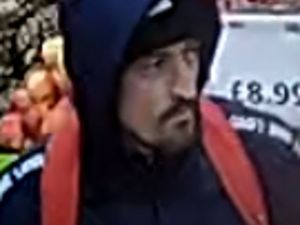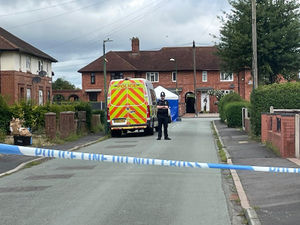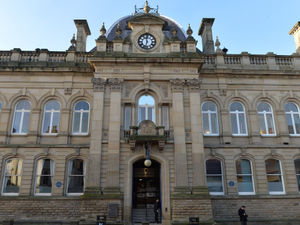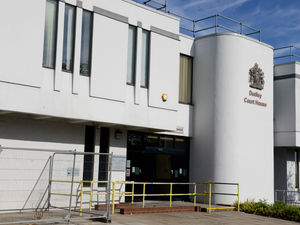Staffordshire Police officers to get stop-and-search training after review highlights 'inconsistencies'
All police officers working in Staffordshire will be trained how to use stop-and-search powers correctly after a review highlighted large 'inconsistencies' across the county.
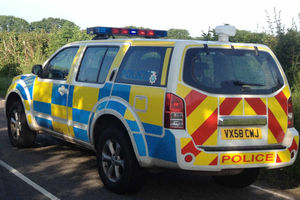
It emerged earlier this month that just 10 per cent of stop-and-search operations resulted in arrests, cautions or warnings in a year.
It prompted fears that officers misunderstand the powers or use them 'inappropriately'.
Staffordshire's Police and Crime Commissioner Matthew Ellis asked an independent panel to carry out the study.
Mr Ellis, who spoke out about the matter at a police performance meeting last week, said: "The challenge coming out of this report is the rationale around many of these stop and searches.
"Out of 100 people stopped in Stoke, there was good reason in 19-20 situations and yet in Lichfield it is four out of 100. We need to create some consistency across the patch.
"Taking someone's liberty by stopping them is pretty serious stuff. Yes, we want you to use the powers properly but we must be absolutely certain it is not a scatter gun approach and these figures are consistent.
"It is not an exact science it is about people and it maybe a training issue."
Mr Ellis added a 20 per cent arrest rate was 'sensible' but four per cent needed to be improved.
Assistant Chief Constable Bernie O'Reilly said: "Obviously we want to drive up quality rather than quantity.
"I honestly think in terms of stop and search this is a misunderstanding of the legislation rather than an abuse of it.
"There is clearly a training gap and we are training all officers from the beginning of April."
The panel also found that body-worn cameras were 'rarely' used during stop and searches in Staffordshire despite front-line officers being equipped with them and national guidance encouraging them to be used.
Although there are ethical issues around recording some confrontations the panel urged police to use their judgement in each situation.
They stressed the recordings could be used as evidence in prosecutions and would safeguard officers against allegations of any wrong-doing while they were halting individuals.
ACC O'Reilly added that using the cameras more would 'increase public confidence'.

